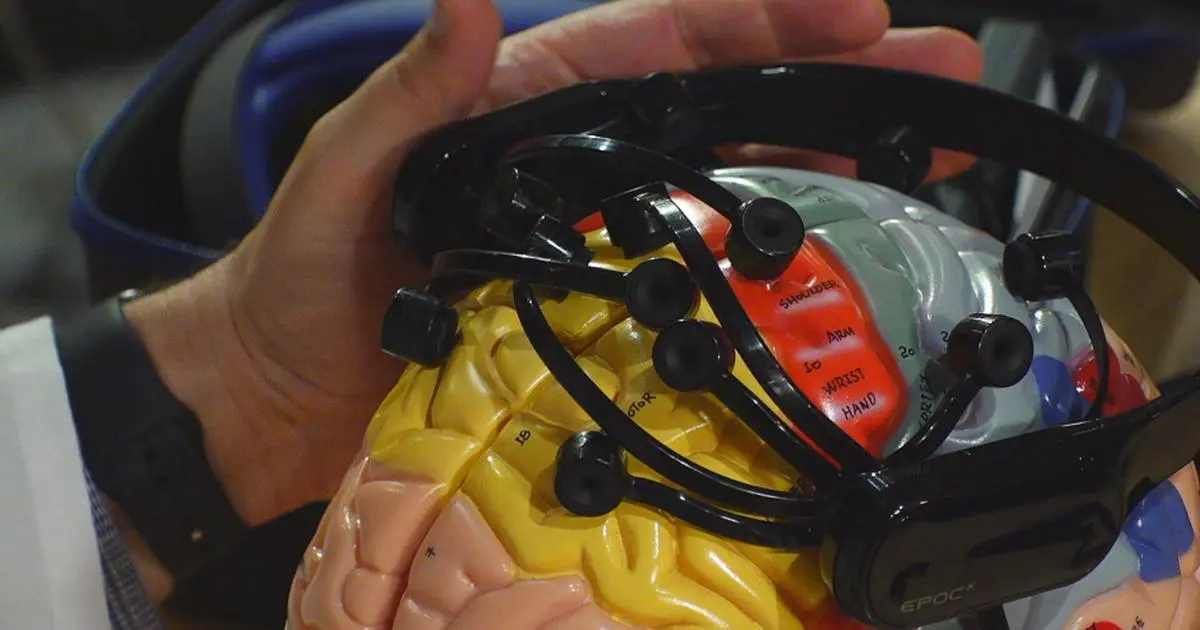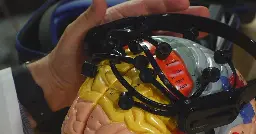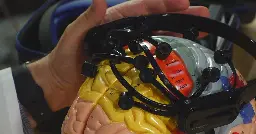As mind-reading technology improves, Colorado passes first-in-nation law to protect privacy of our thoughts
As mind-reading technology improves, Colorado passes first-in-nation law to protect privacy of our thoughts

The first-in-the-nation law in Colorado includes biological or brain data in the State Privacy Act, similar to fingerprints if the data is being used to identify people.

After all, the privacy of our mind may be the only privacy we have left.


